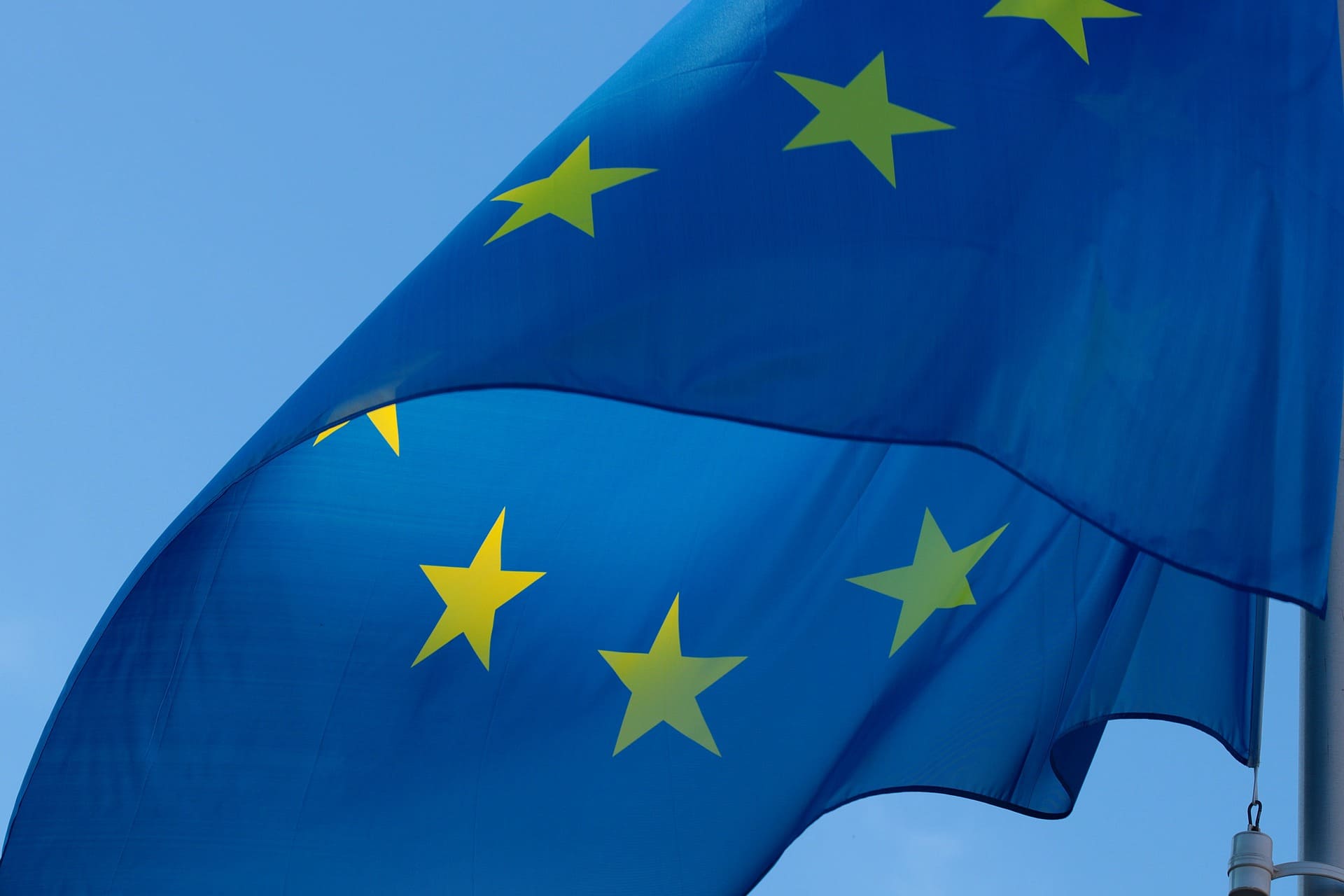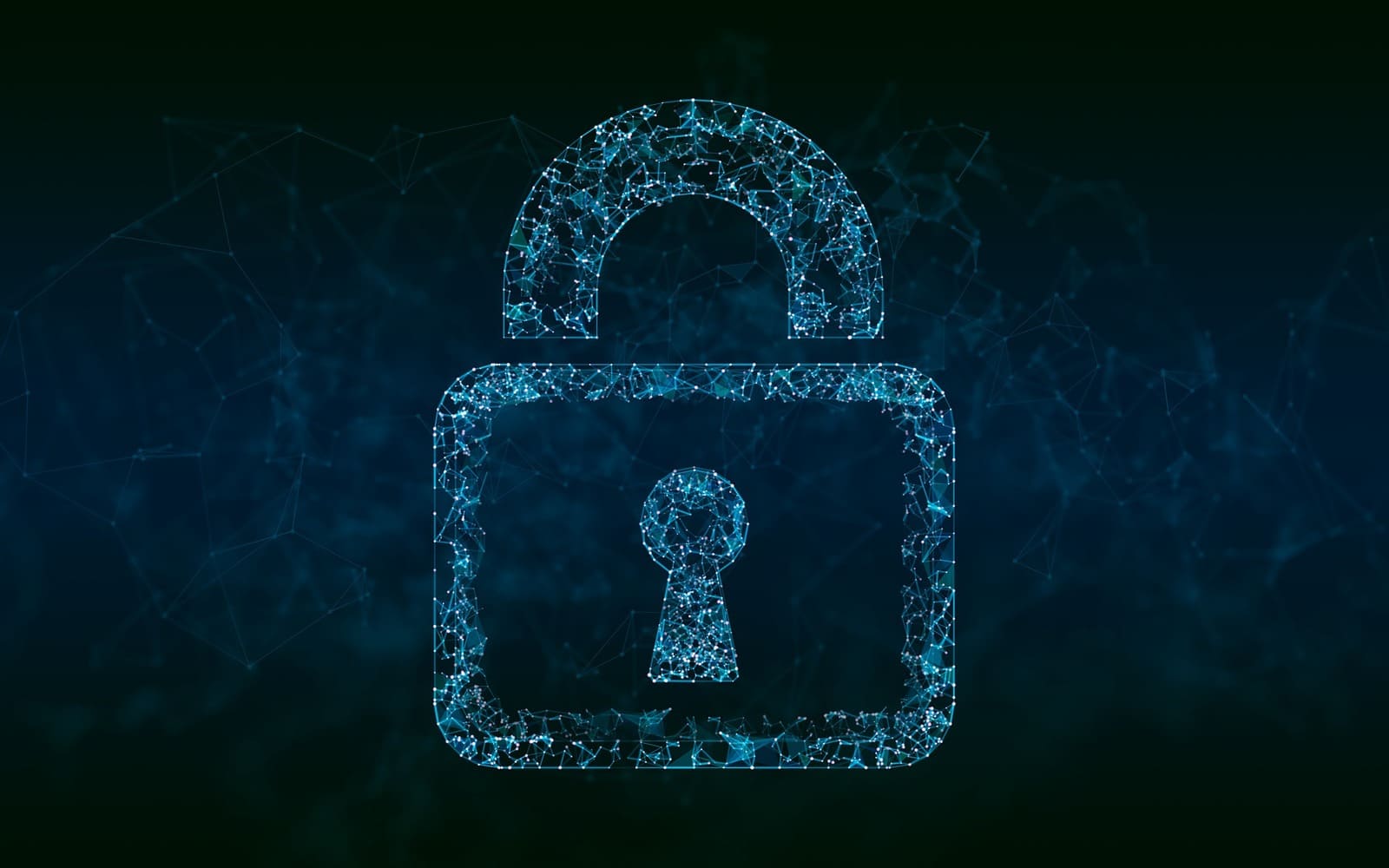Regulatory Compliance Journal
3 articles matching monitoring tag
How the EU’s DSA and DMA are redefining digital platform regulations
The Big Four of technology—Google, Amazon, Facebook, and Apple—have become integral to our daily lives, influencing everything from simple online searches to the handling of our personal data. With their growing dominance and impact, these internet giants wield a level of power that has pl...
- 8 min read
SEPA Instant Payments : understanding the requirements and deadlines of regulation 2024/886
The silent payments revolution is finally upon us. With the first compliance date of Regulation 2024/886 set for January 09, 2025, instant payments are set to become an integrated part of day-to-day banking. The Instant payment regulation (IPR) was voted on 13/03/24 and was effective by 08/04...
- 6 min read
How are gatekeepers used for money laundering?
In the world of finance, gatekeepers such as accountants, and lawyers are meant to safeguard against financial crime. Yet, these very players can sometimes become unwitting—or even complicit—partners in money laundering schemes. The expertise that makes these professionals indispensable to ...
- 9 min read
How to improve compliance culture?
A strong compliance culture helps to establish the foundation for a lasting positive impact for a company, its employees, and its clients by achieving ethical practices, clear values, and the respect of local and international legislation. Despite its benefits and legal necessity, most companie...
- 7 min read
How to set up a conflict of interest program
Imagine a situation in which the integrity of your organisation is corrupted by personal gain – how would you respond? In the field of business ethics, a strong conflict of interest program is the cornerstone that keeps an organization's reputation intact. With it, transparency isn't ju...
- 10 min read
Looking for Regulatory Watch Newsletter?
More work
How the EU’s DSA and DMA are redefining digital platform regulations
Consultant, Financial Institutions, DSA, DMA, Digital Service Act, Digital Market Act regulations, gatekeeper, Freedom of information, European Commission, Digital, Consumer security, Google,The Big Four of technology—Google, Amazon, Facebook, and Apple—have become integral to our daily lives, influencing everything from simple online searches to the handling of our personal data. With their growing dominance and impact, these inter...
How do criminals launder their money using video games?
Compliance, Know your Customer, Money Laundering, Anti Money Laundering, AML, Cryptocurrencies, Blockchain, Darkweb, Prepaid Cards,In the past decade, the video game industry has managed to dwarf the film, music, and television sectors. It’s estimated that there are currently 3 billion active gamers across the globe who have roughly spent $198,6 billion on games in 2022 alon...
GDPR: inspiring data protection worldwide
Compliance, Compliance expert, Data Protection Authority, Data Protection Watchdog, EU, European Commission, GDPR, Privacy, Personal Data, Data Security,Since its inception, the EU’s General Data Protection Regulation (GDPR) has been deemed by experts as the world’s strongest collection of data protection rules. As our online presence increases through social media, digital banking, and other me...














